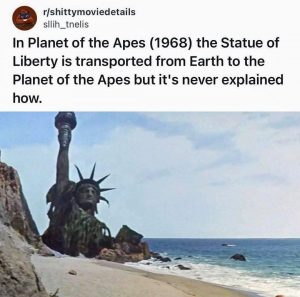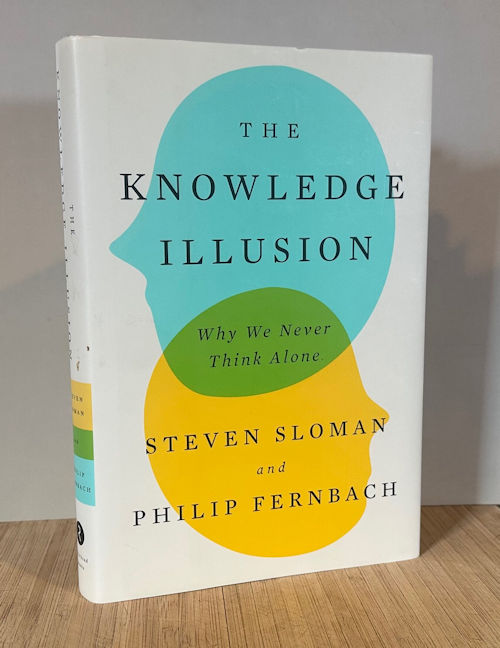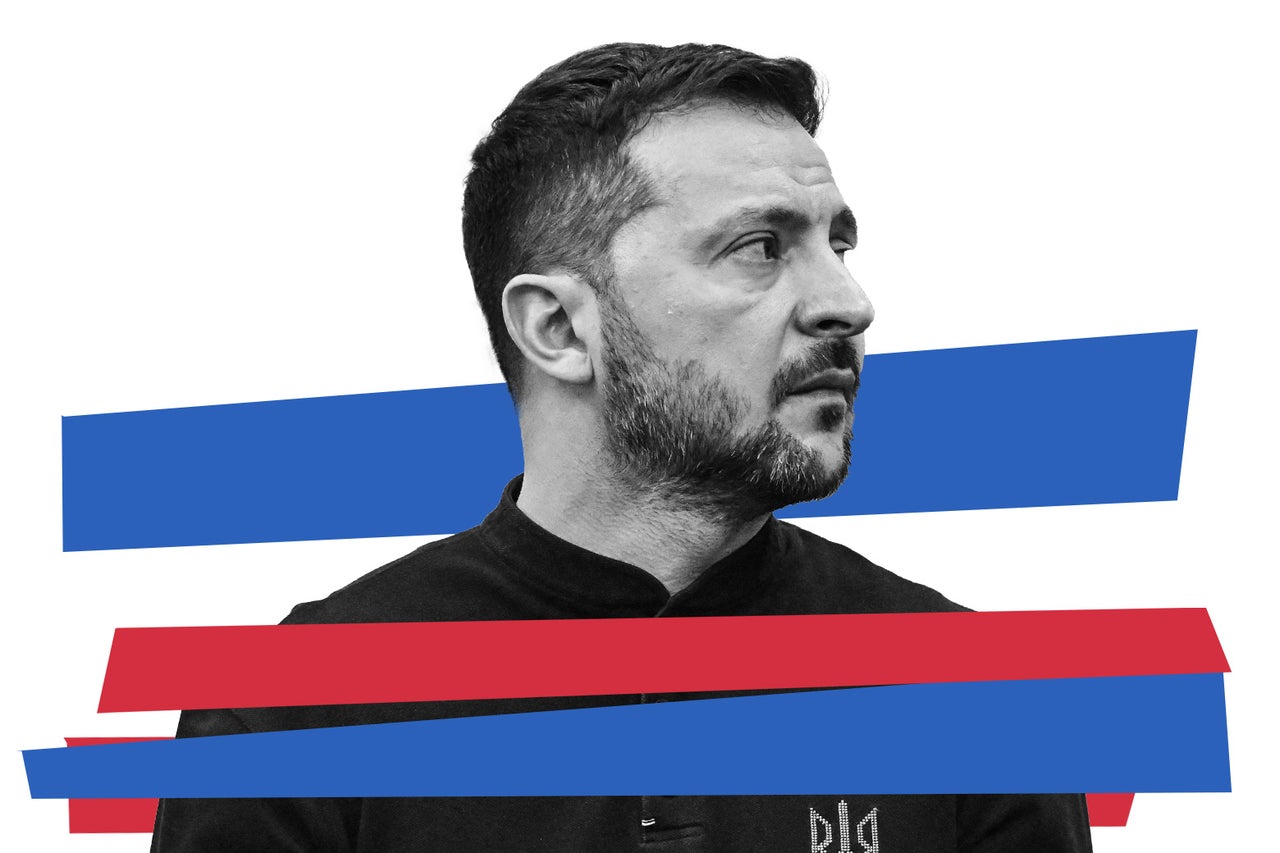Subtitled: “Psychological Warfare and the American Mind”
(Norton, June 2024, xxv + 246pp, including 42pp of acknowledgements, notes, and notes.)
Here’s a book that offers a different spin on the ideas of misinformation, fake news, and narratives, than earlier books I’ve read on these subjects. The author is a journalist and science fiction novelist, with now three books each of nonfiction and fiction.

Broadly, as the subtitle says, this is about the idea of psychological warfare, of deliberately spinning the truth or telling alternative narratives for political purposes. Its techniques go way back before social media. From the perspective the modern ideas of fake news, psychological warfare isn’t about conspiracy theories; it’s about misinformation spread deliberately to sway people’s ideas and opinions. One surprising player in this history is one Paul Linebarger, who wrote science fiction under the name Cordwainer Smith mostly in the 1950s and 60s. It’s long been known that Smith worked for the US government and spent his early life in China, but I’ve never seen the extent of his work in psychological warfare spelled out as Newitz does in this book.
Continue reading →














